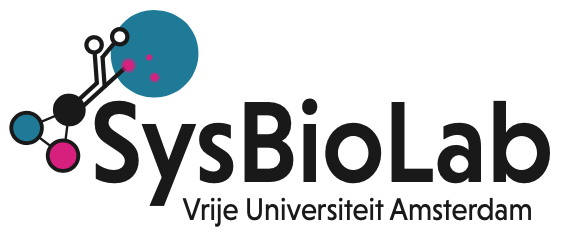A new network of over 72 organizations from 12 countries was activated during a convening at ARTIS in Amsterdam on 26–27 September 2022, organized by Remco Kort. Representatives are aligned with the transdisciplinary field and social movement of Planetary Health, which analyzes and addresses the impacts of human disruptions to natural systems on human health and all life on Earth. The new European Planetary Health Hub consists of organizations from various sectors, including universities, healthcare, youth, business, and civil society. The Convening, co-organized by the Planetary Health Alliance (PHA), the European Environment and Sustainable Development Advisory Councils Network (EEAC), and Natura Artis Magistra (ARTIS), aimed to develop Planetary Health Working Groups for Education, Policy Engagement, Research, and Movement Building. The Convening resulted in an outline for each of the Working Group’s aims, visions, missions, priorities, and activities, and set the framework for sustaining their activities in the future through the establishment of the European Planetary Health Hub Secretariat in the Netherlands. The Hub members shared lessons learned, built relationships, and developed artwork-inspired perspectives on Planetary Health. In conclusion, the Convening led to the establishment of a strong European foundation to contribute to the transformations needed for sustainable, just, and equitable societies that flourish within the limits of our ecosystems. The conclusions of the meeting are now published in Challenges.
For more information on the meeting, see VU News and read the meeting summary paper.

Recent Comments